I work at SmartyStreets where we develop address parsing and extraction algorithms.
It's hard.
If most of your addresses are in the US, you can use an address verification service to provide guaranteed accurate parse results (since the addresses are checked against a master list).
There are several providers out there, so take a look around and find one that suits you. Since you probably won't be able to install the database locally (not without a big fee, because address data is licensed by the USPS), look for one that offers a REST endpoint so you can just make an HTTP request. Since it sounds like you have a lot of addresses, make sure the API is high-performing and lets you do batch requests.
For example, with ours:
Input:
13001 Point Richmond Dr NW, Gig Harbor WA
Output:

Or the more specific breakdown of components, if needed:

If the input is even messier, there are a few address extraction services available that can handle a little bit of noise within an address and parse addresses out of text and turn them into their components. (SmartyStreets offers this also, as a beta API. I believe some other NLP services do similar things too.)
Granted, this only works for US addresses. I'm not as expert on UK or Canadian addresses, but I believe they may be slightly simpler in general.
(Beyond a small handful of well-developed countries, international data is really hit-and-miss. Reliable data sets are hard to obtain or don't exist. But if you're on a really tight budget you could write your own parser for all the address formats.)

